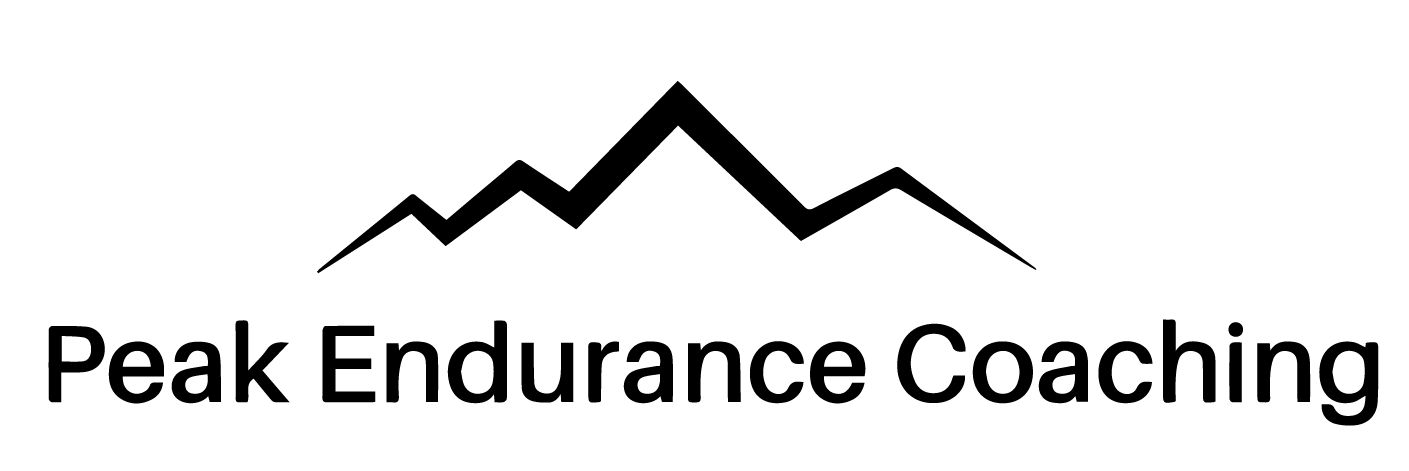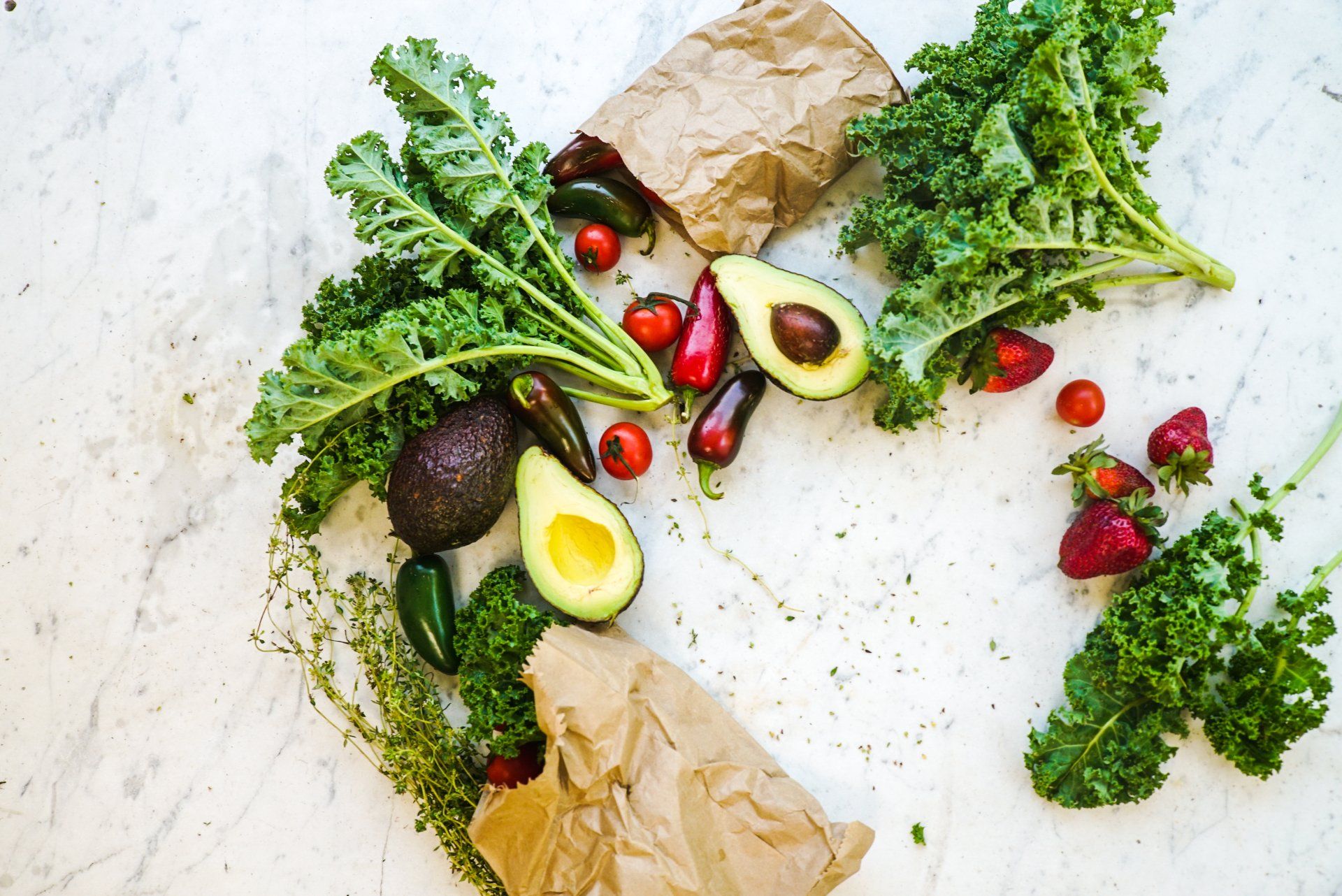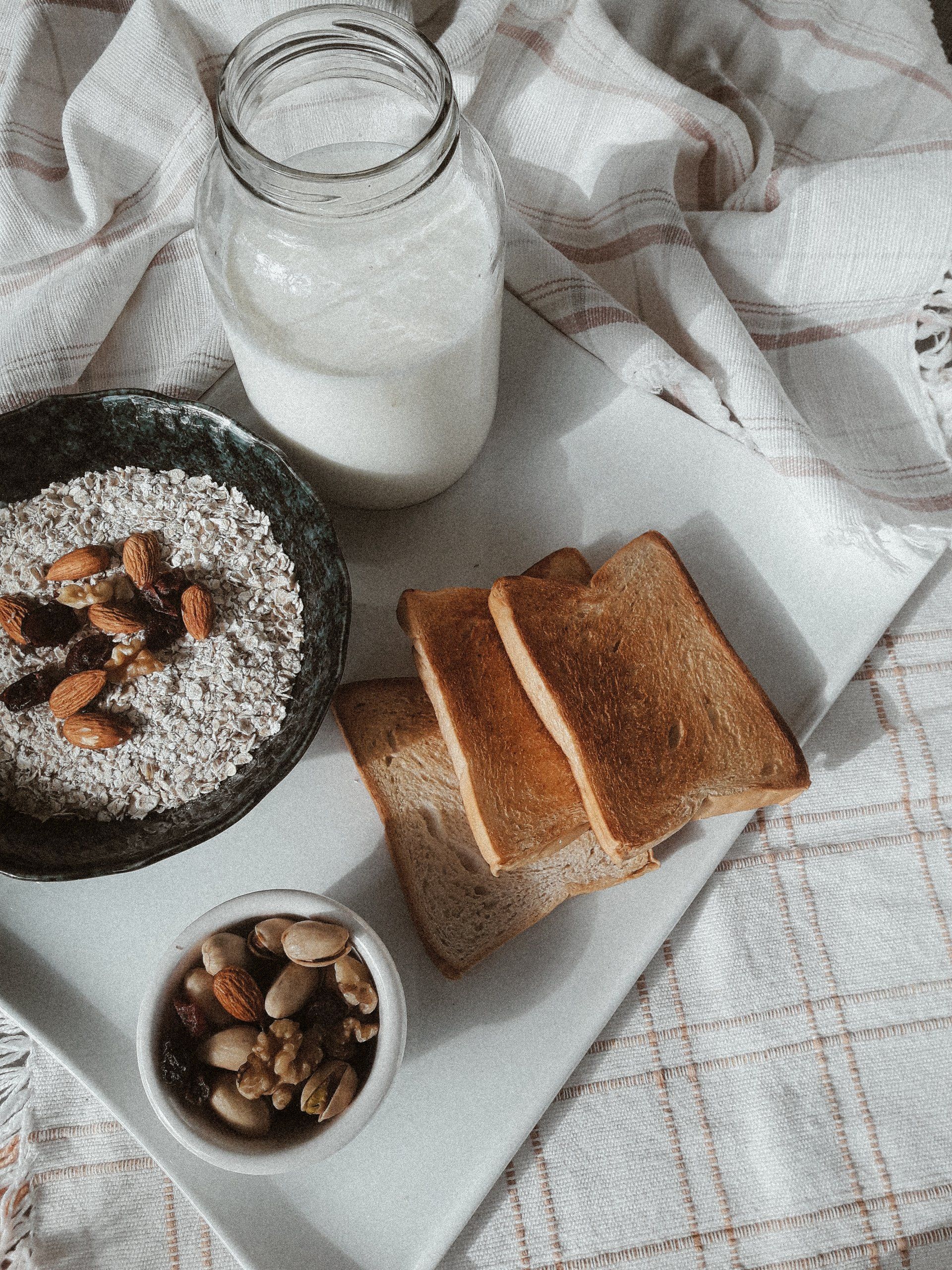Protein Supplements - Are They Worth It?
Protein is the building block of our bodies

In the world of fitness, protein supplements are without a doubt one of the most commonly used supplements out there.
But are those big tubs of powder really worth it and can they help you pave your way to an aesthetic, functional physique?
In this article, we’ll give you our take on the matter and discuss the different types of protein and their benefits.
Without further ado, let’s see if there’s a faster whey to gains! (see what I did there!!)
What Is Protein, Even?
Besides being a powdered supplement, protein is the building block of our bodies and is in fact, the most essential macronutrient.
The word itself comes from the Greek “protos” meaning primary/first, so that can tell you just how important protein is!
Proteins are basically made up of amino acids that are linked together to form a protein and when we consume protein, the body breaks up the links to absorb the amino acids.
In the body, the functions of protein include but are not limited to:
- Protective function
- Catalytic function (In order for certain processes in the body to occur, certain proteins called enzymes need to be present)
- Structural (Proteins make up the structure of the body and most of its tissues)
- Regulative function (Proteins regulate a variety of mechanisms and systems in the body, such as the hormonal system)
Because protein is that important for the body, we need to make sure that we are deriving enough of it from quality sources.
That is, 1.4 to 1.8 grams of protein per kilogram of body weight per day, depending on your body composition and activity levels (i.e someone with more muscle mass that trains more would be on the higher end of the range)
Protein Supplements
Protein powder is a high-protein dietary supplement, which is used to make high protein intake easier or to provide the body with quick, vital protein in times of need or when food intake is not possible.
Some protein supplements contain only one protein source, whereas others contain several.
Animal and plant products can both be used as sources for protein supplements.
Without a doubt, animal protein supplements are the most popular form of protein powders in sports nutrition (made from milk, eggs, meat).
In the past decade however, plant-based protein supplements have also gained traction, due to the increased interest in plant-based diets.
Types Of Protein Supplements
As we just mentioned, there are a wide variety of ways and sources used to produce protein supplements, so let’s have a look at the most popular ones!
Whey Protein
Whey protein is derived from the process of creating cheese and forms about 20% of the
protein found in cow’s milk. It is a high biological value (HBV) protein and contains high levels
of branched-chain amino acids (BCAA), especially leucine. BCAAs stimulate muscle growth
(synthesis) and possibly reduce muscle breakdown; and they are therefore extremely beneficial
for athletes looking to maximise muscular strength and size, or reduce muscle breakdown (catabolism).
Leucine is highly efficient at stimulating muscle synthesis, and research suggests that
approximately 2-3g of leucine per meal maximally stimulates protein synthesis (the same effect
as approximately 20-25g of HBV protein).
Whey protein is usually taken immediately before or after a workout and can be used to fortify
various foods (such as cereals, smoothies and baked items).
There are three types of whey protein:
1. Whey Protein Concentrate (WPC):
WPC is 70-80% protein by weight and contains small amounts of carbohydrate (in the
form of lactose) and fat. WPC is naturally rich in amino acids, particularly BCAAs and
glutamine, which ensure optimal muscle growth. WPC is one of the most popular and
affordable forms of whey protein.
2. Whey Protein Isolate (WPI):
WPI is purer than WPC, containing approximately 90% protein by weight and negligible
amounts of lactose and fat. As with WPC, it is naturally rich in amino acids, particularly
BCAAs and glutamine, but because of the extra processing and higher purity, WPI is the
most expensive form of whey protein. However, there is little evidence to suggest that WPI
provides any additional benefits over WPC.
3. Whey Protein Hydrolysate (WPH):
WPH or ‘hydrolysed whey’ has been partially broken down as a result of the protein being
exposed to heat, acid or enzymes. As such, the chains of amino acids (which make up the
proteins) are reduced in size; and the proteins are therefore suggested to be more rapidly
digested.
Casein
This is another dairy-derived protein supplement that can have a place in a supplement regimen.
Although the amino acid composition of this form of protein is beneficial, absorption is substantially slower (6-8 hours).
Casein has a significant anti-catabolic effect, making it ideal for consumption when fast protein isn't required right away.
The amino acid flow is weaker but longer during casein digestion, making it an essential component of our pre-sleep meal, resulting in a powerful anti-catabolic impact and improved sleep recovery.
Soy Proteins
Soy is considered a HBV protein which is rapidly digested. As the name suggests, it is produced
from the processing of soybeans. Soy protein is available as both a soy concentrate and soy
isolate and contains the full range of essential amino acids.
Soy protein is an ideal source of protein for those who are vegetarian/vegan or who have food
intolerances or allergies to other types of supplemental protein.
All soy products are known to contain isoflavones, a type of phyto-oestrogen. As oestrogen is
referred to as the ‘female hormone’, ongoing research is required to better understand if there
are any long-term complications of ongoing soy protein supplementation (such as hormone
disruption). As the science currently stands, there is no harm from supplementing with soy
protein in typical doses.
Hemp Protein
A newcomer to the protein market, hemp protein is derived from hemp seeds and unlike many
vegetable-based proteins, contains highly digestible proteins.
Hemp protein is a great vegan protein option and includes all nine essential amino acids with a
similar profile to egg and soy protein, however, contains less protein per serve than alternatives,
providing around 50% protein.
Hemp protein also contains fibre and essential fatty acids. Essential fatty acids are the fats
which can only be obtained from the diet, as the body does not synthesise them itself. Having a
source of essential fatty acids in protein powder can therefore be extremely beneficial for those
who consume inadequate dietary fat (e.g. avocados, olive oil, nuts, seeds, animal fat).
Hemp protein also contains many antioxidants and minerals to support health, including iron,
zinc, magnesium, calcium, copper and phosphorus.
Conclusion
The market offers a wide variety of options when it comes to protein supplements and any of these are without a doubt a viable addition to your nutrition plan.
To choose the best option for you, factor in the following:
- Type of diet you’re following (are you plant-based or an omnivore?)
- Any present/past intolerances to any ingredients contained in the product
- Budget
Based on these 3, you will be able to easily pick the best protein supplement for you, which will grant sustained protein intake at times of need, thus improving recovery from running and overall body composition in the long term.











